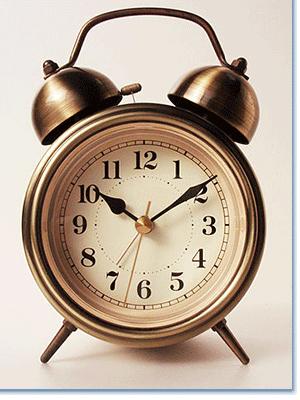In 2010, the AHA’s Committee on Women Historians conducted a survey on academic career paths in history, contacting all associate and full professors in the 2010–11 Directory of History Departments. 2,241 historians responded. This is the second in a series of blog posts reporting the results of the survey.
As with any survey, the responses we received generated additional questions about gender and balancing work and family in an academic career. The committee hopes that these blog posts will generate discussion that will help us learn more about gendered issues affecting historians.
 |
Robert Townsend noted in his initial analysis of the survey results that the average age at first hire for historians has been increasing for decades. Respondents hired for their first job between 1981 and 1990 were an average age at hiring of 33.3 years, between 1991 and 2000 of 34.7 years, and since 2000 an average of 35.7 years old. Women were hired slightly later in life than men (on average about 7 months older than men in the same cohort).
The reasons for the trend are not clear from the survey results. The average age for new history PhDs has been creeping up since the 1970s, as the time between the undergraduate degree and the PhD has grown, but it is not clear whether people are entering graduate school later, or taking longer to complete the PhD. Evidence from other surveys also suggests that historians are spending more time as contingent faculty and postdoctoral fellows before finding a full-time position.
For women who want children, the first permanent academic job may coincide with what is generally considered the end of their childbearing years. (Though a recent article in The Atlantic points out that media warnings that the biological clock expires at 35 may be exaggerated.) The census bureau reports that women with a college degree tend to have children at a later age than other women.
If age at first permanent hire and age at childbirth are increasing, what does it mean for women historians’ careers and family life? What are the implications for family leave policies? For historians’ career paths? Tell us your story in the comments.
This post first appeared on AHA Today.
Tags: AHA Today Employment & Careers Tenure & Promotion
Comment
Please read our commenting and letters policy before submitting.






